Gardening is more than a hobby for older adults. It offers a unique combination of physical activity, mental stimulation, and emotional satisfaction that can significantly enhance overall wellbeing. From boosting mood to encouraging social interactions, spending time in a garden provides benefits that extend far beyond aesthetics. Engaging with plants and nature helps older adults maintain physical mobility, reduce stress, and cultivate a sense of purpose. Whether tending to flowers, growing vegetables, or maintaining a small herb garden, the positive impact on both body and mind is profound.
1. Promotes Physical Activity
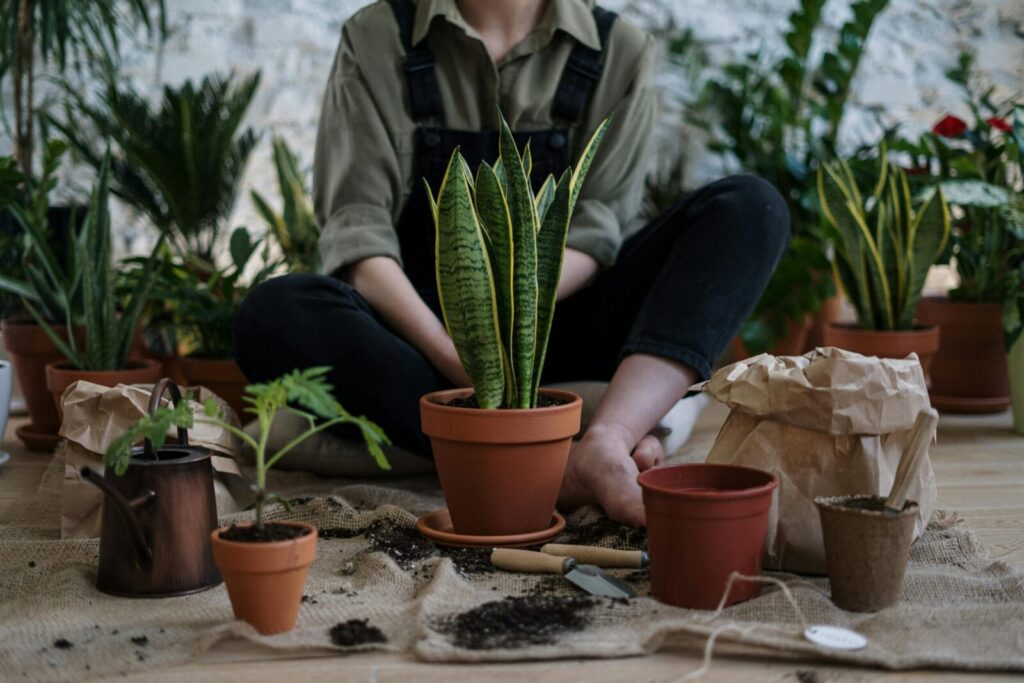
Gardening encourages older adults to move their bodies regularly. Activities like planting, weeding, watering, and pruning require flexibility, strength, and coordination. These movements help maintain muscle tone, joint mobility, and balance, reducing the risk of falls and injuries. Regular gardening can also support cardiovascular health as tasks often involve mild to moderate aerobic activity. Unlike structured exercise routines, gardening combines physical activity with purpose and enjoyment, making it easier for older adults to stay active consistently. Over time, this gentle form of exercise contributes to improved stamina and overall physical resilience.
2. Reduces Stress and Anxiety

Spending time in a garden provides a calming environment that helps reduce stress and anxiety. The act of nurturing plants allows older adults to focus on the present moment, promoting mindfulness and relaxation. Being surrounded by greenery and natural beauty can lower cortisol levels and improve mood. Gardening also provides a safe space for reflection and emotional expression. The repetitive nature of gardening tasks can have a meditative effect, helping to ease mental tension. By connecting with nature daily, older adults can experience a sense of peace and tranquility that supports long-term emotional well-being.
3. Enhances Cognitive Function
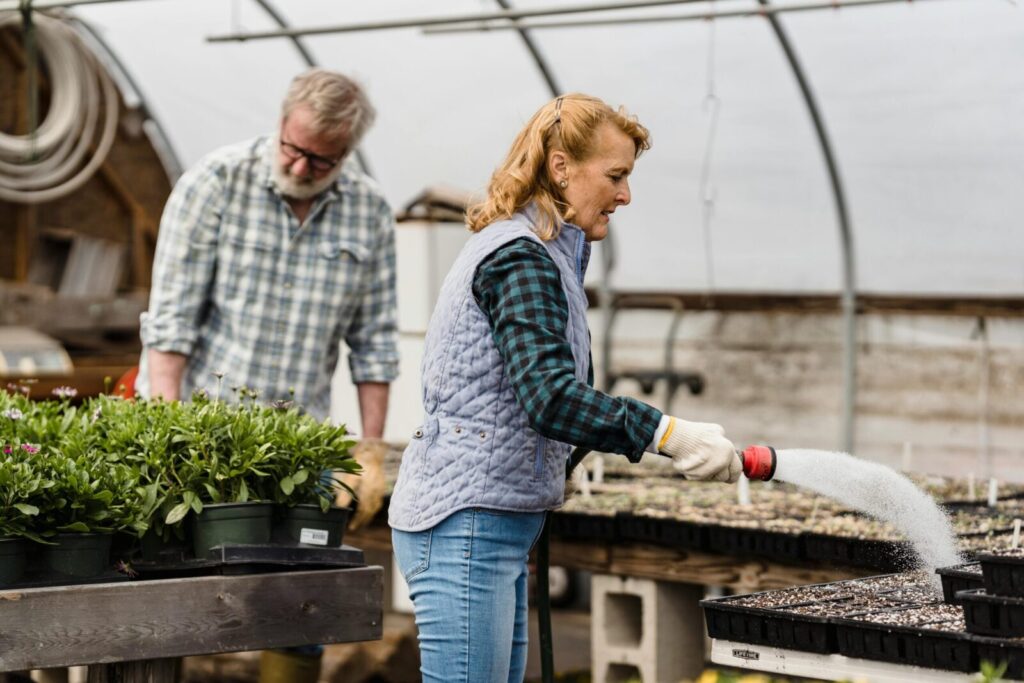
Gardening stimulates the brain and supports cognitive health. Planning a garden, remembering plant care routines, and problem-solving tasks such as pest control or soil improvement exercise memory and critical thinking skills. Older adults who garden regularly may experience improved attention span, mental clarity, and creativity. Engaging with a variety of plants and learning about different species also provides continuous learning opportunities. These cognitive challenges can delay cognitive decline and improve overall brain function. Gardening encourages curiosity and problem-solving while providing tangible results, offering both mental stimulation and a rewarding sense of accomplishment.
4. Improves Mood and Emotional Well-being
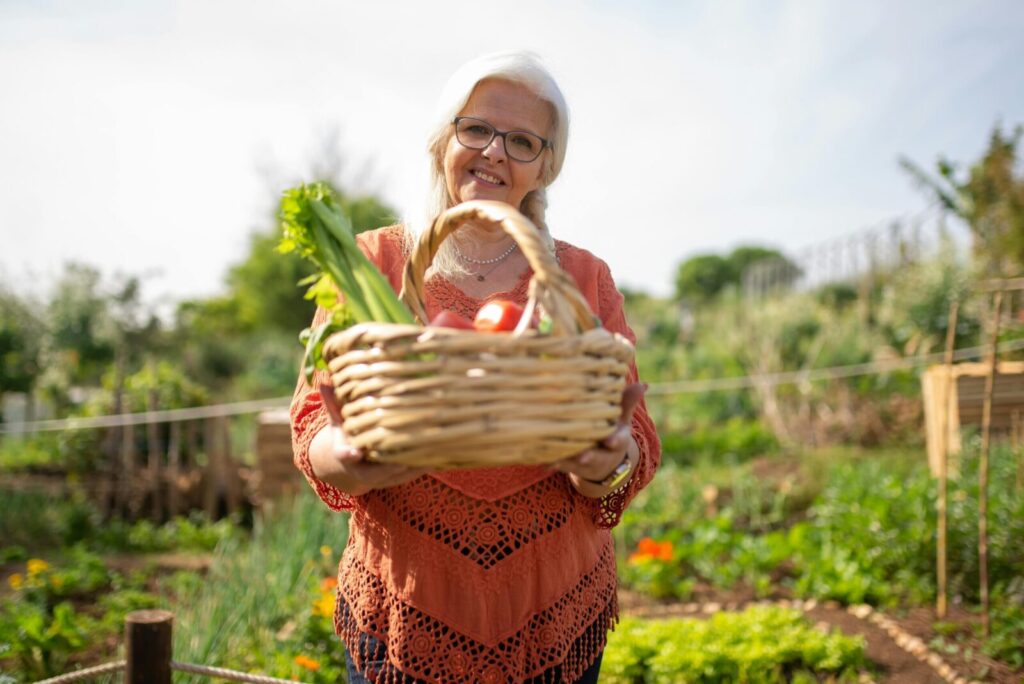
Tending to a garden can have a positive impact on mood and emotional health. Successfully growing plants and watching them flourish provides a sense of achievement and satisfaction. Exposure to sunlight during gardening increases vitamin D levels, which is linked to improved mood. Interaction with nature can reduce feelings of loneliness and promote optimism. Gardening also allows older adults to express creativity and nurture life, contributing to a sense of purpose. Regular engagement with plants and outdoor spaces can lead to lasting improvements in emotional well-being and overall life satisfaction.
5. Encourages Social Interaction
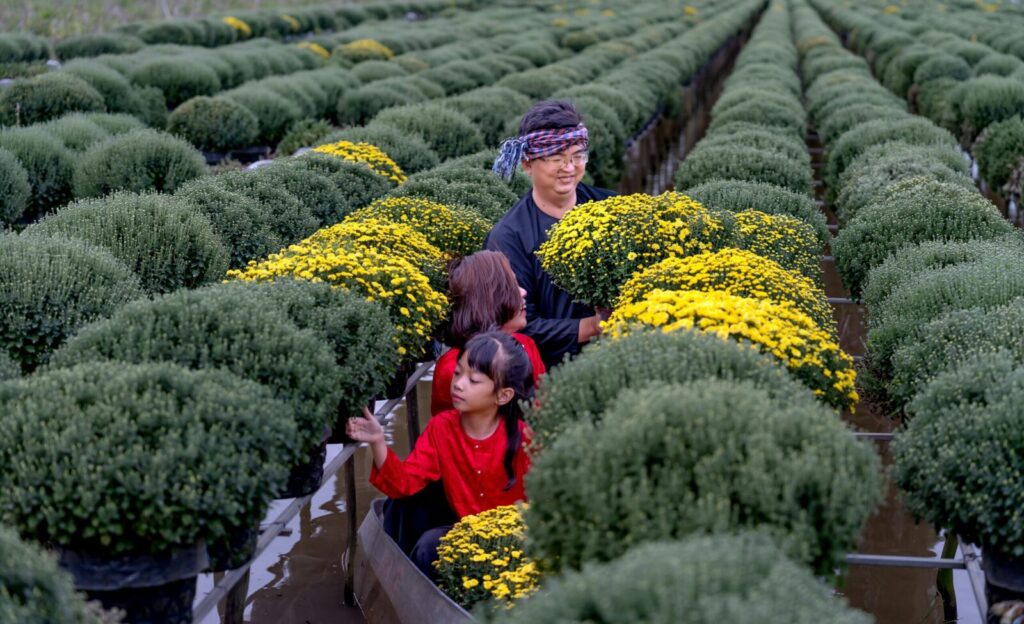
Gardening can be a social activity that fosters connections among older adults. Community gardens, gardening clubs, or neighborhood projects provide opportunities to meet new people, share tips, and collaborate on tasks. Social engagement through gardening reduces feelings of isolation and loneliness, which are common among older adults. Working alongside others promotes teamwork, communication skills, and mutual support. These interactions also provide emotional benefits by fostering a sense of belonging and shared purpose. Social gardening activities create meaningful relationships and offer regular opportunities for companionship while enjoying the therapeutic effects of nature.
6. Provides Nutritious Food Options
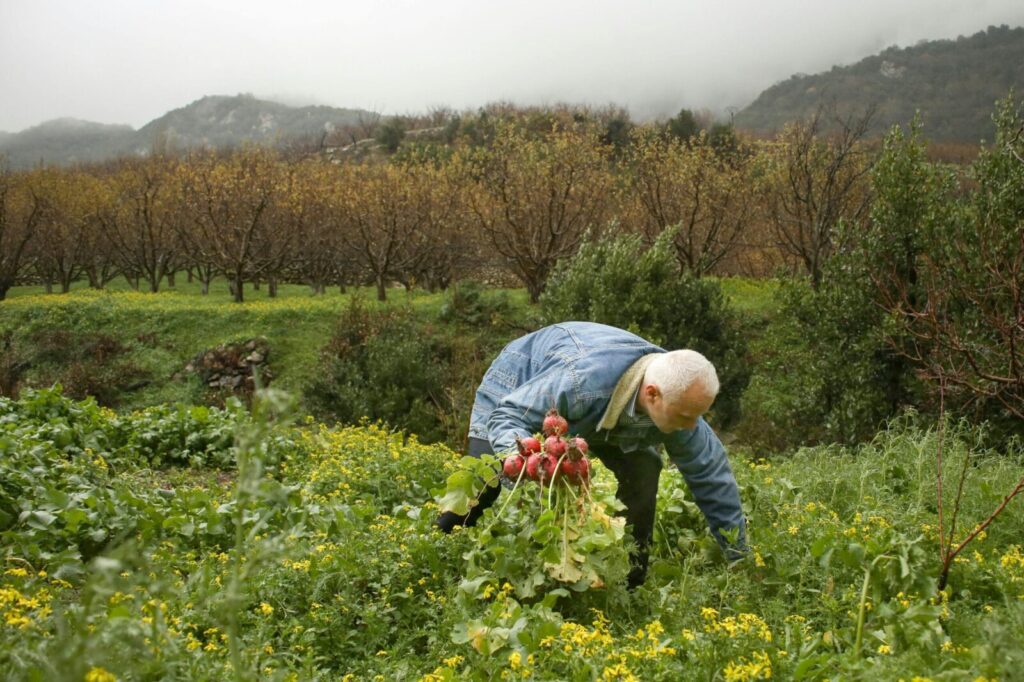
Growing vegetables, herbs, and fruits in a garden can enhance nutrition and support a healthy diet. Older adults who garden have access to fresh, organic produce that is free from preservatives and chemicals. Preparing meals with homegrown ingredients encourages healthy eating habits and ensures a balanced diet. Gardening also helps older adults understand the origin of their food and promotes mindful consumption. Incorporating homegrown fruits and vegetables into daily meals provides essential vitamins and minerals that support physical health and immune function. Gardening, therefore, contributes to both well-being and overall quality of life.
7. Strengthens Sense of Purpose
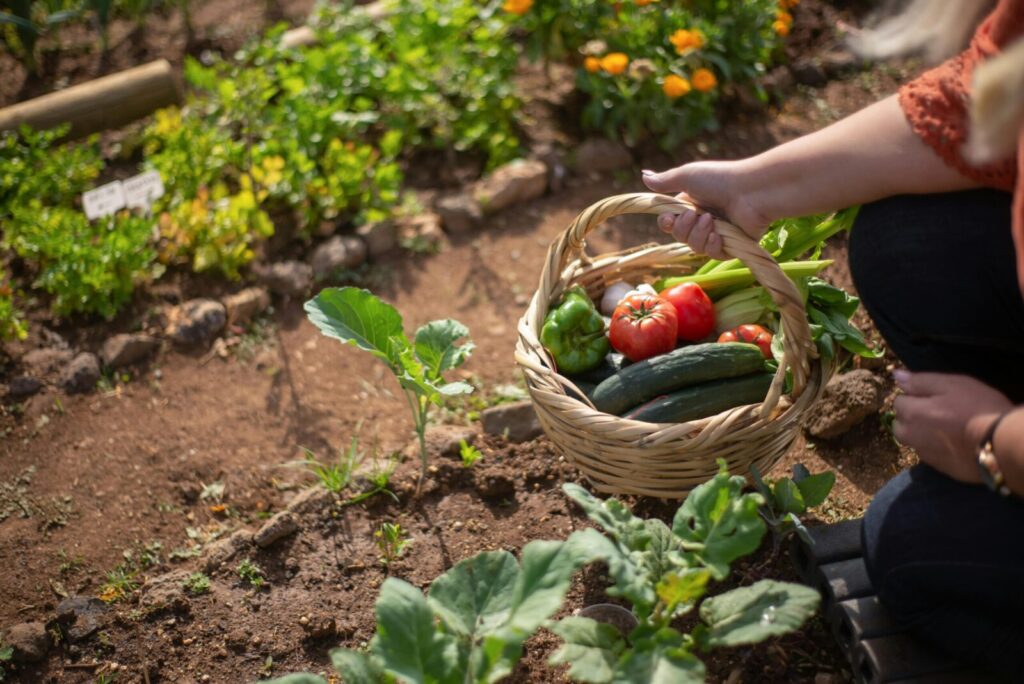
Caring for a garden provides older adults with a clear sense of purpose and responsibility. Regular tasks like watering, pruning, and harvesting give structure to daily routines and create meaningful goals. Seeing plants grow and thrive as a result of one’s efforts fosters pride and accomplishment. This sense of responsibility can combat feelings of aimlessness or low motivation that may arise with aging. Gardening offers a tangible and rewarding way to contribute to one’s environment. The ongoing care for living things reinforces self-worth and instills a feeling of fulfillment that positively impacts mental and emotional well-being.
8. Supports Sensory Stimulation

Gardening engages all the senses, providing rich sensory stimulation that benefits older adults. The sight of colorful flowers, the smell of fresh herbs, the texture of soil, the sound of rustling leaves, and even the taste of homegrown produce stimulate cognitive and sensory pathways. Engaging the senses in meaningful ways can improve alertness, memory, and emotional regulation. Sensory experiences in nature are also known to reduce stress and encourage relaxation. For older adults, this holistic stimulation can maintain sensory awareness and enhance overall quality of life, making gardening a multi-dimensional activity that supports wellbeing.
9. Fosters Connection With Nature
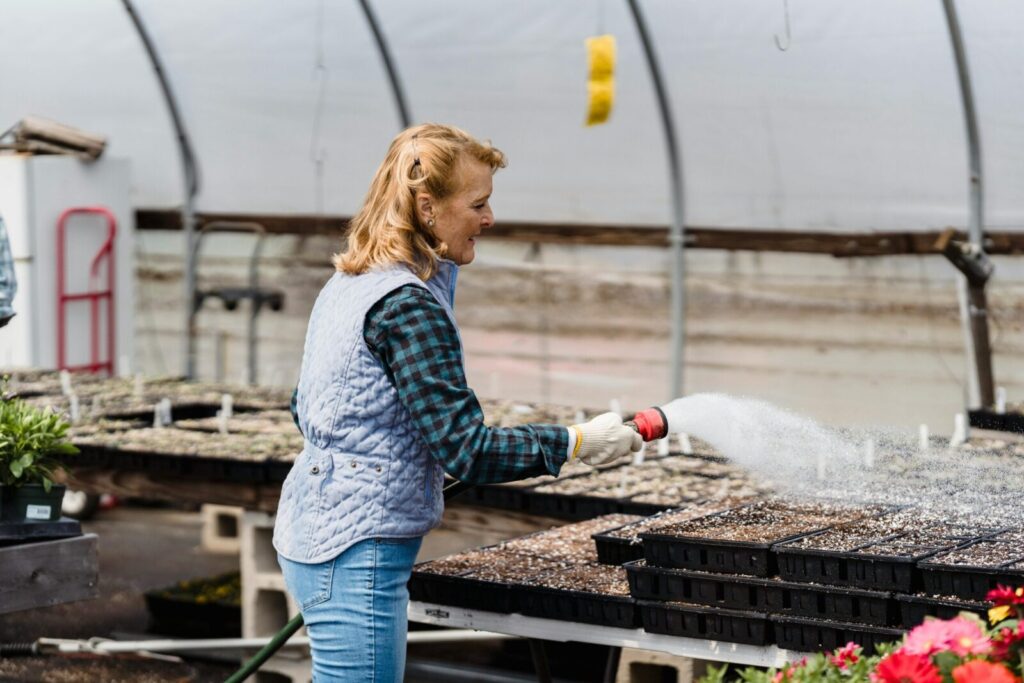
Gardening provides a consistent and direct connection with the natural world. Spending time outdoors exposes older adults to sunlight, fresh air, and seasonal changes, supporting physical and mental health. Observing the cycles of growth, flowering, and harvest nurtures appreciation for the environment and promotes mindfulness. Connecting with nature also instills a sense of peace, calm, and belonging. This bond can increase environmental awareness and encourage sustainable habits. For older adults, fostering a relationship with nature enhances emotional balance, reduces stress, and creates a lifelong source of joy and inspiration through gardening.
Comments